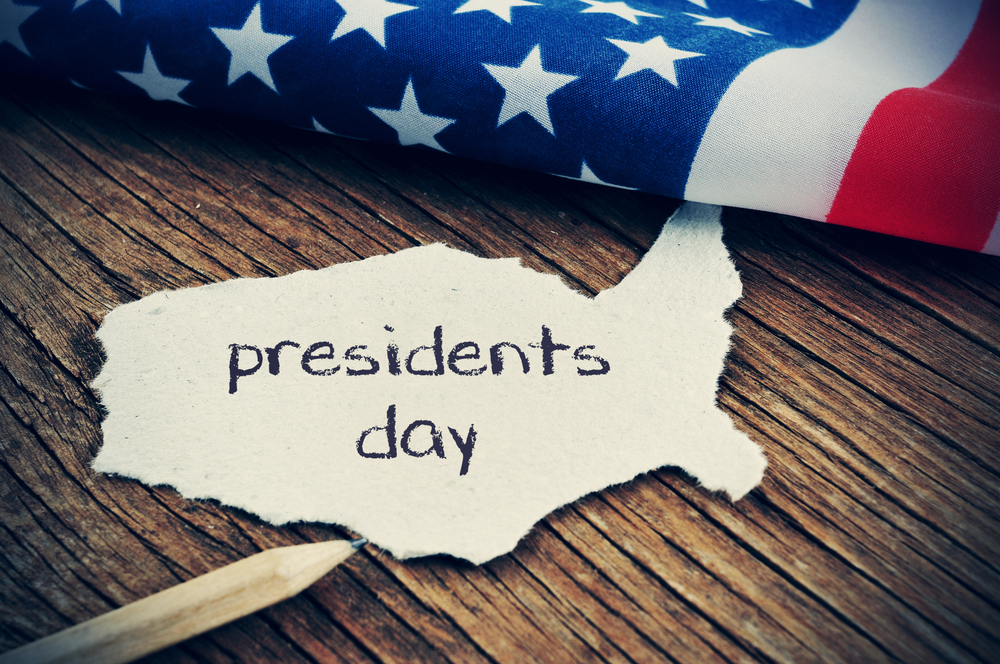8 Great Presidential Communicators
 Some presidents stick out as being great orators. Here are 8 presidents and their greatest communication skills as speakers that we can learn from.
Some presidents stick out as being great orators. Here are 8 presidents and their greatest communication skills as speakers that we can learn from.
One of my favorite pasttimes is to review videos of presentations and critique the presentation skills of the presenter. I enjoy watching both a speaker’s greatest skills but also wondering about areas that might be improved. Just to be clear, my profession as a coach is to help leaders develop their presentation skills. This requires me to be aware of others, and to hone my own critiquing skills.
Table of Contents
- George Washington—Master of Emotional Control
- Abraham Lincoln—Master of Succinct Clear Messages
- Franklin D. Roosevelt—Master of Connecting With the Audience
- John F. Kennedy—Master of Story Telling
- Lyndon B. Johnson—Master of Persuasion
- Ronald Reagan— Master of Educating His Audiences with Voice, Presence and Word Pictures
- Bill Clinton—Master of One Key Message
- Barack Obama— Master of Making Hard Topics Easy to Understand and Making People Laugh
Master of Emotional Control
George Washington: The Great Communicator? 5 Essential Communication Techniques
“Most historians agree that Washington was a master of emotional control. That discipline aided him at Newburgh. He was effective at using five essential communication techniques.”
Master of Succinct Clear Messages
Second Inaugural Address, March 4, 1865
“Lincoln was candid, sincere, empathetic, simple and clear. These are traits of a great communicator. The Gettysburg Address is considered one of the greatest speeches in history, and yet it was a short, 272-word declaration of the meaning of our nation.”
Master of Connecting with the Audience
5 Communications Lessons from FDR’s Fireside Chats
“One of FDR’s greatest skills was his ability to communicate and inspire faith in his leadership. He took advantage of a new media channel – radio – to create a direct connection with his people via his nationally-broadcast speeches known as “Fireside Chats.”
Master of Storytelling
7 Surprising Reasons Why John F. Kennedy Is One Of History’s Greatest Storyshowers
“JFK built this reputation because he was more than just a storyteller. JFK was a storyshower who had the power to unlock the emotion behind his words so that he could inspire others.
JFK’s inaugural address offers up a great example of the many techniques that he used to show his story. Here, we’re going to take a look at a few snippets of that address to unveil some of the reasons why JFK has his reputation. We’ll also look at some of the other reasons why JFK was such a great storyshower.” (If you aren’t quite sure what a storyshower is, you’ll find out in this article.
Master of Persuasion
5 Lessons from Lyndon B. Johnson on Leadership
“Among the most essential qualities of leadership, the power of persuasion ranks top. A leader needs a team of competent players who buy into the vision. The leader must be able to sell and persuade highly qualified followers to join their mission.”
Master of Educating His Audiences with Voice, Presence and Word Pictures
The Great Communicator
“Ronald Reagan was known as the Great Communicator. His speeches illustrate the power of effective presidential communication. Some of them rank among the most historically significant speeches in the history of the country.”
Master of One Key Message
Communicate Like Bill Clinton
“Bill Clinton always appears to have full knowledge of the core points he wants to make. Pretty much every speech he makes is grounded by a focus on a specific, key message. And typically this is then tied into just a few essential questions or choices he wants his audience to consider.”
Master of Making Hard Topics Easy to Understand and Making People Laugh
3 Moments Where President Obama Earned the Title of Great
“His ability to strike a chord with America propelled him into the White House for two terms as the leader of the free world. Political adversaries had a hard time stopping his momentum as he communicated with the American people in a way that harkened back to President Ronald Reagan.”
There’s a lot of overlap in all of these Great Communicators. However, each of them presents with a unique style. Each of them to understood the need to be a polished speakers in order to achieve their career goals. They found ways to connect with their audiences to have the most impact.
What public speaking skills could you improve to advance your business ambitions?
